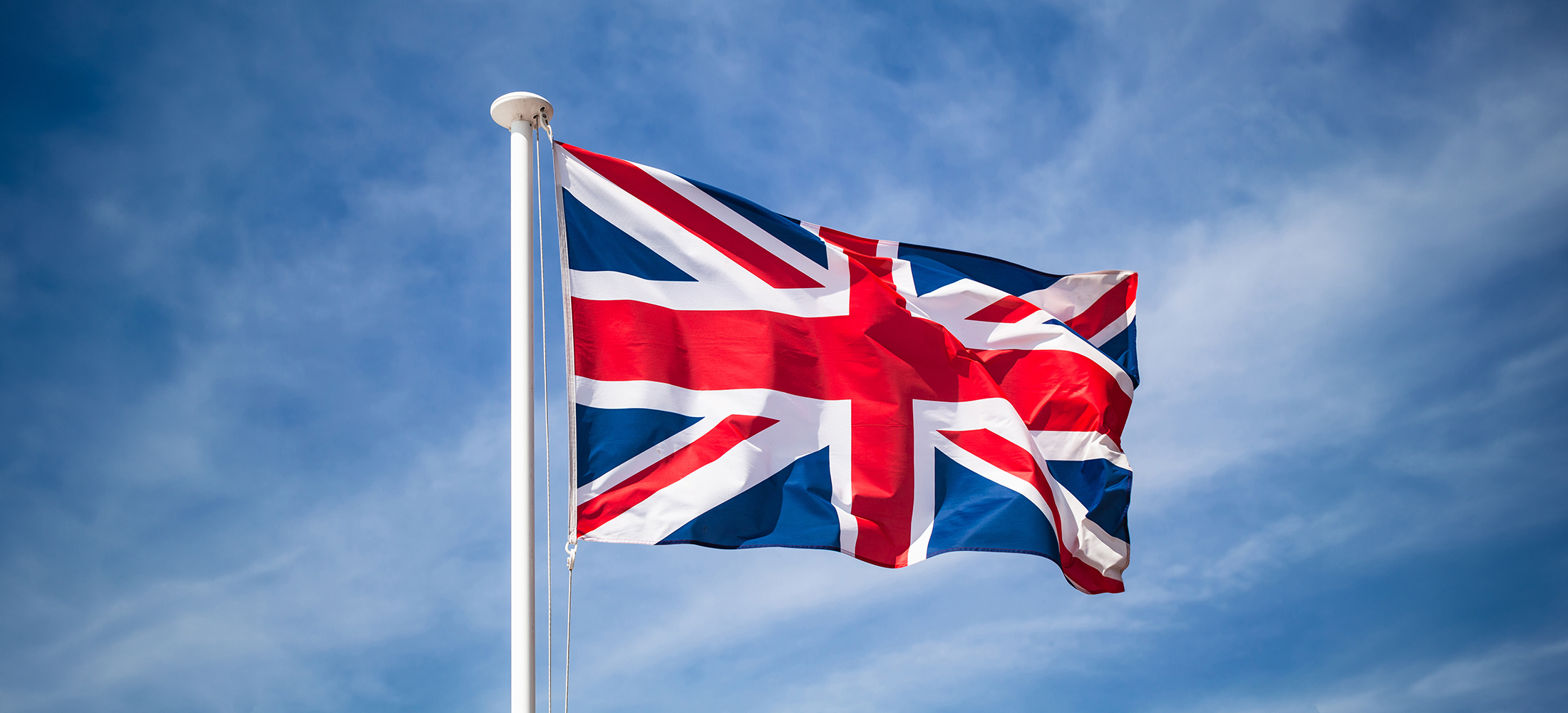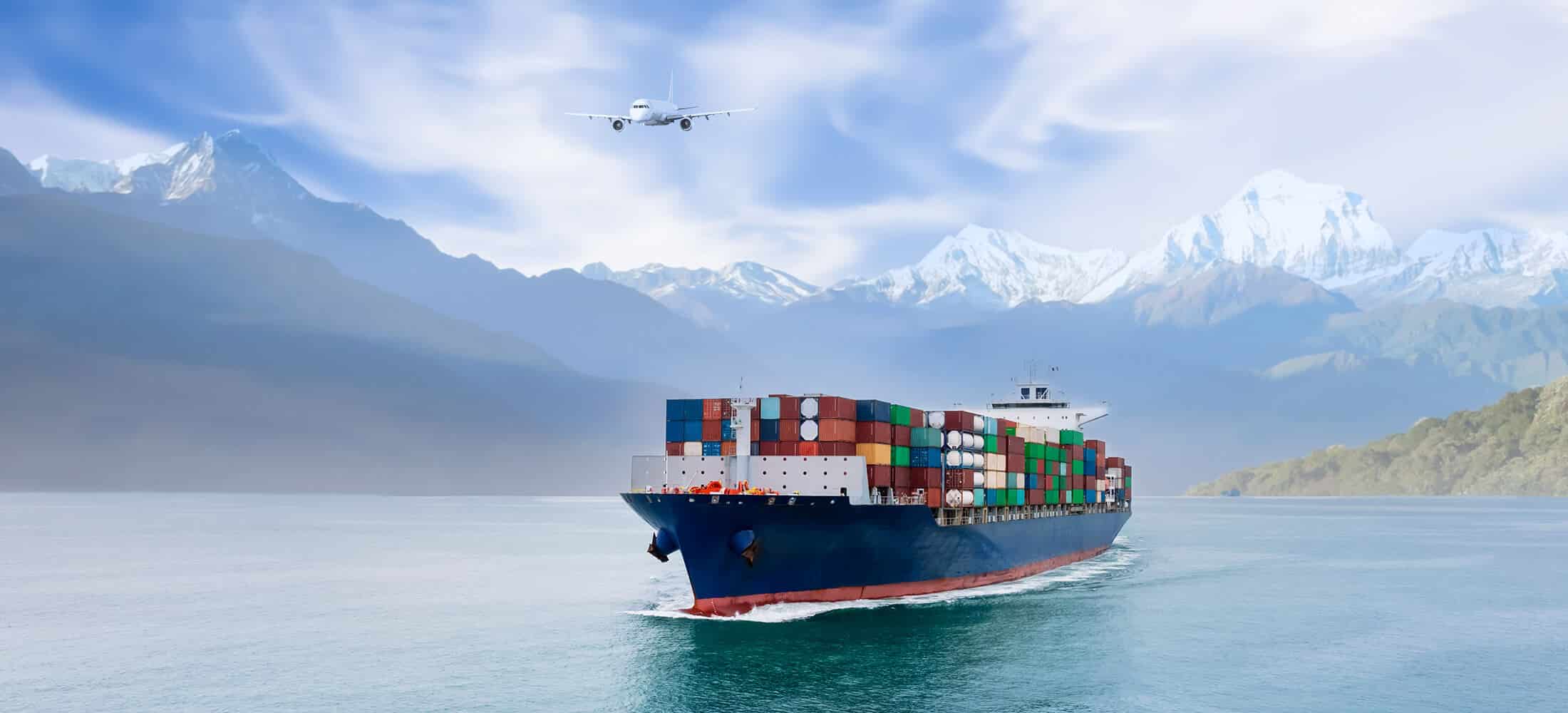The United Kingdom has a long and storied history as a maritime nation. Its strategic location, advanced infrastructure, and strong regulatory framework make it a pivotal player in global maritime trade. Here’s a detailed examination of the UK’s role in this sector:
Strategic Location and Ports
The UK is home to several major ports, including the Port of London, the Port of Felixstowe, and the Port of Southampton. These ports are critical nodes in global shipping routes, handling millions of containers and tonnes of cargo annually.
The UK’s geographic position makes it an important gateway between Europe and other continents, particularly North America and Asia. Its ports facilitate the efficient transfer of goods across the English Channel, boosting trade with European Union countries despite Brexit.
Maritime Services and Expertise
London is a global hub for maritime financial services, including shipping finance and insurance. The city’s legal firms specialiSe in maritime law, offering expertise in areas such as arbitration, dispute resolution, and regulatory compliance.
The UK is a leader in shipbroking and chartering services. Companies based in the UK play a crucial role in negotiating and arranging the transport of goods, from bulk commodities to specialiSed cargo.
Technological Innovation and Sustainability
The UK is at the forefront of maritime technological innovation. Companies and research institutions are developing advanced navigation systems, autonomous vessels, and digital platforms for fleet management and logistics optimisation.
The UK is committed to promoting sustainability in the maritime sector. It is investing in green technologies, such as zero-emission vessels and alternative fuels, and is actively involved in international efforts to reduce the environmental impact of shipping.
Regulatory Leadership
The IMO, headquartered in London, is a specialised agency of the United Nations responsible for regulating shipping. The UK’s influence within the IMO helps shape global maritime policies and standards, ensuring safety, security, and environmental protection.
The UK has a robust legal framework governing maritime activities, including the Merchant Shipping Act and various international conventions. Its regulatory standards are recognised worldwide, contributing to safer and more efficient shipping operations.
Economic Contribution
The UK is one of the world’s largest trading nations, with maritime trade accounting for a significant portion of its international trade volume. Its ports handle a diverse range of goods, from manufactured products to raw materials, supporting both domestic and international markets.
The maritime sector is a major employer in the UK, providing jobs in ports, shipping companies, and related industries. This employment supports local economies and contributes to the national GDP.
Education and Training
The UK boasts some of the world’s leading maritime education and training institutions, such as the University of Southampton and the Warsash Maritime Academy. These institutions provide specialised training for seafarers, engineers, and maritime professionals.
UK universities and research centres are actively engaged in maritime research and development, advancing knowledge in areas such as marine engineering, oceanography, and maritime economics.
Historical Influence and Legacy
The UK’s maritime heritage is reflected in its historic shipyards, naval history, and maritime museums. This legacy continues to influence its current role in global maritime trade, with a strong tradition of maritime excellence and innovation.
The UK’s role in global maritime trade is multifaceted and deeply influential. Its strategic location, advanced infrastructure, expertise in maritime services, and commitment to innovation and sustainability position it as a key player in the global shipping industry. As the maritime sector continues to evolve, the UK is likely to maintain its pivotal role, driving advancements and shaping the future of global trade.
If you would like to discuss this further please contact us to arrange a consultation with one of our experts.









